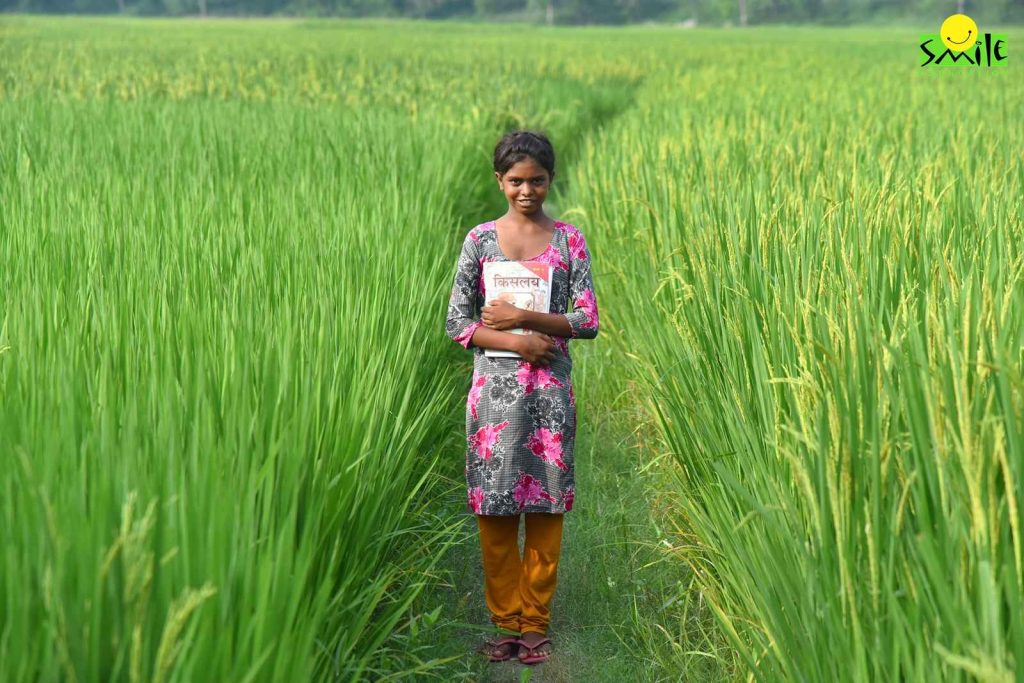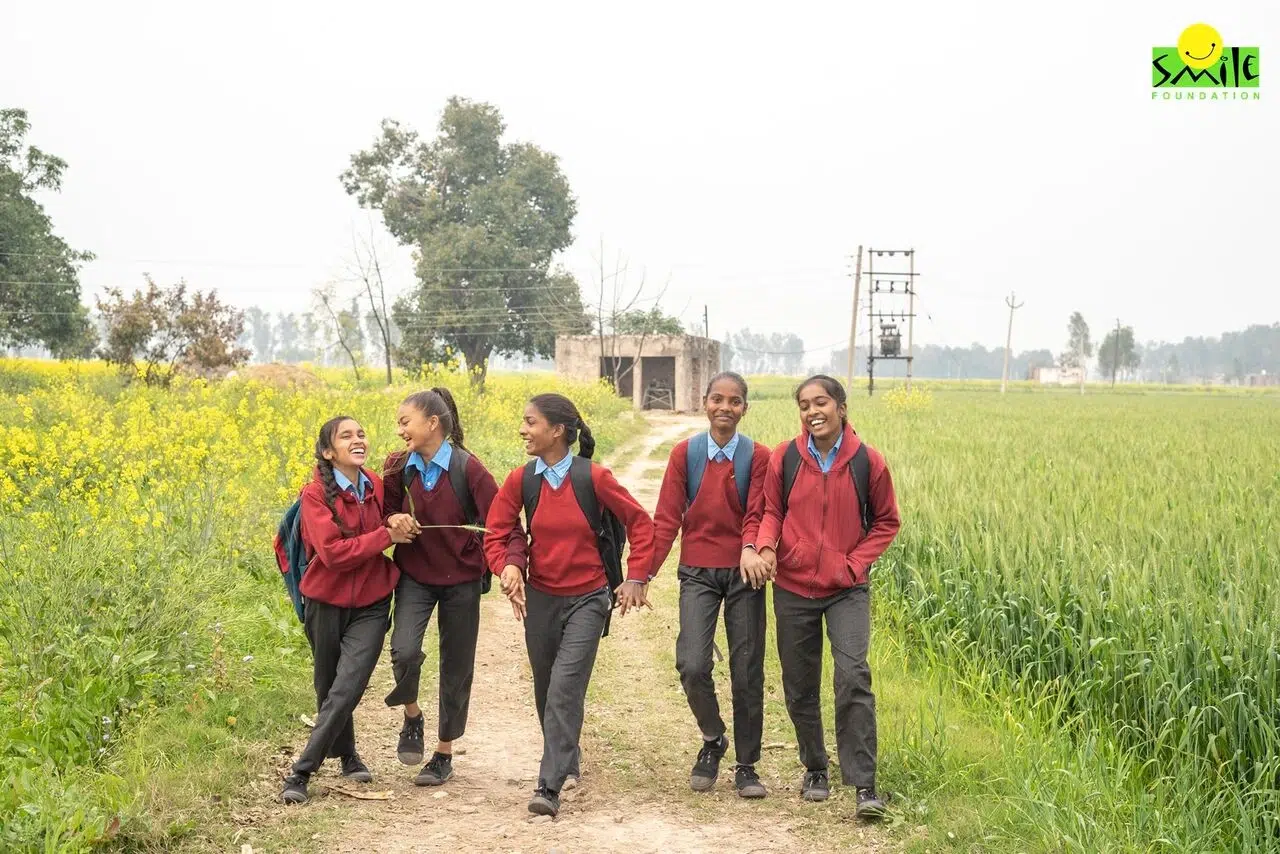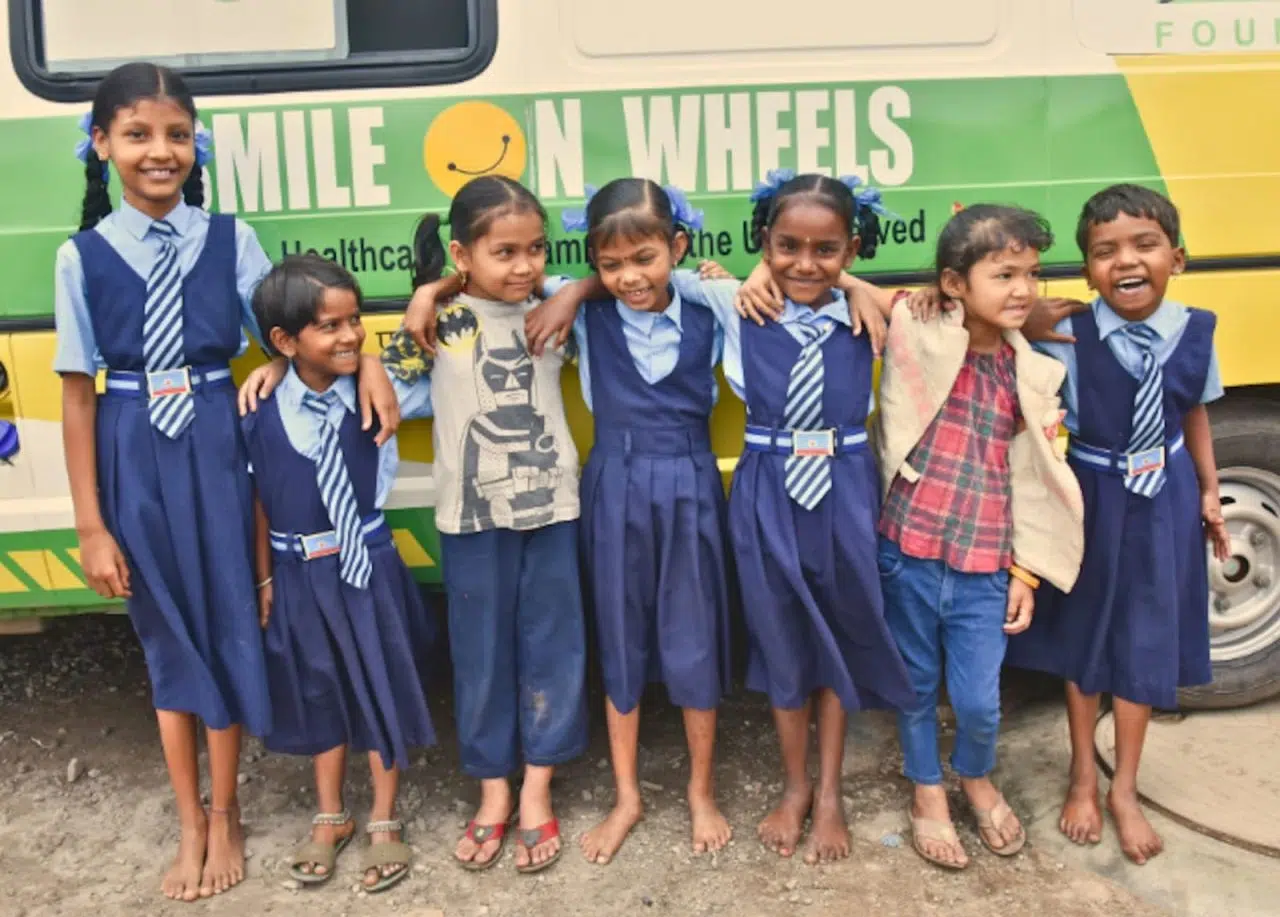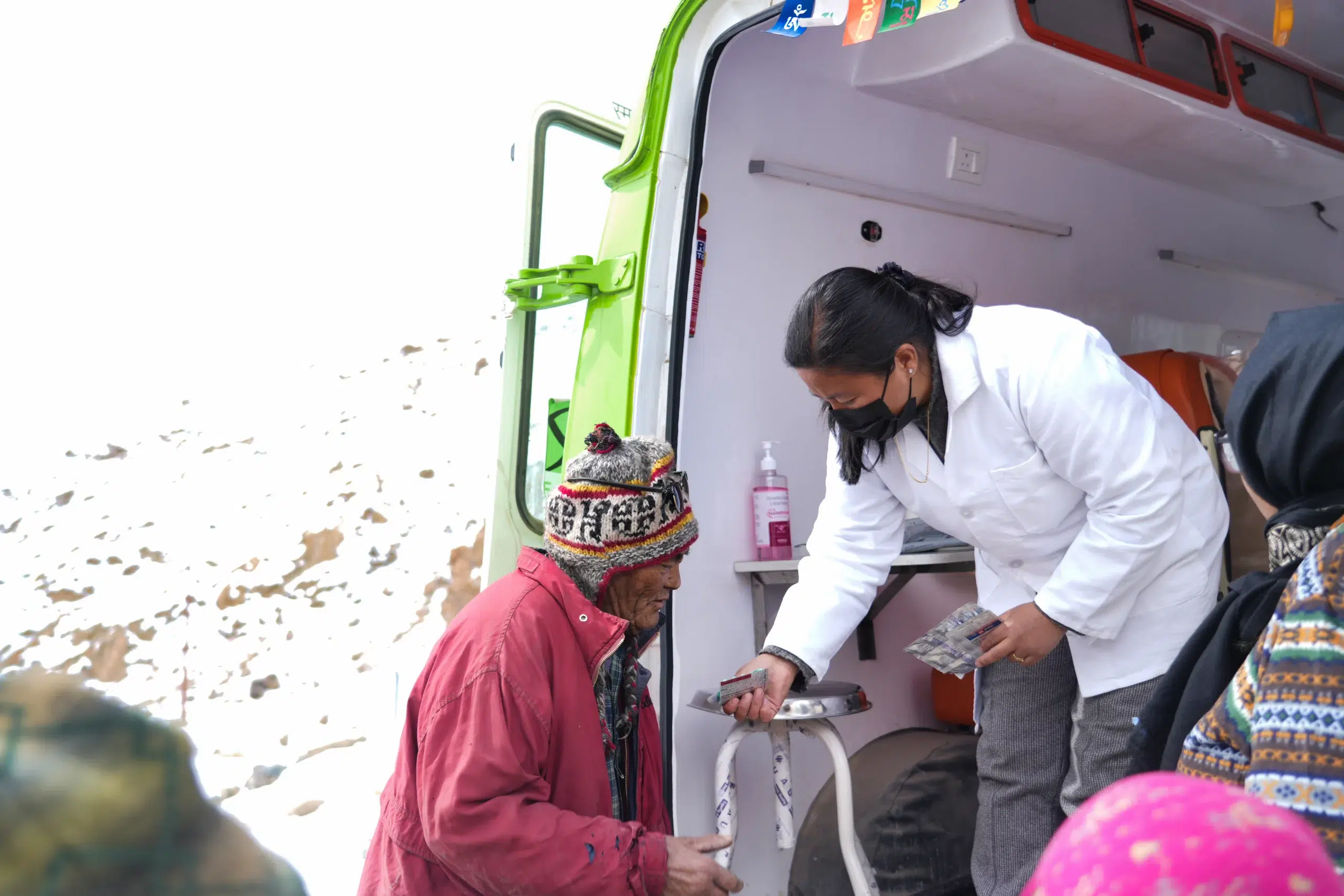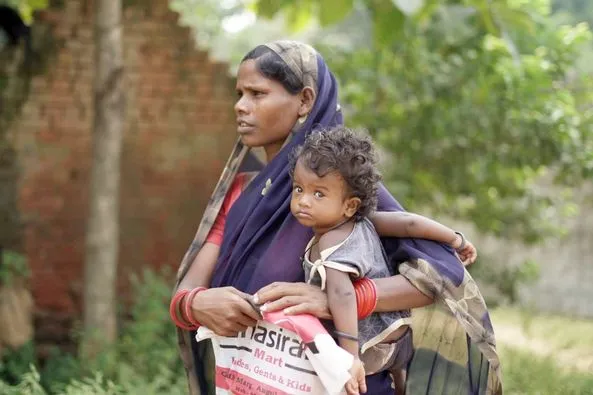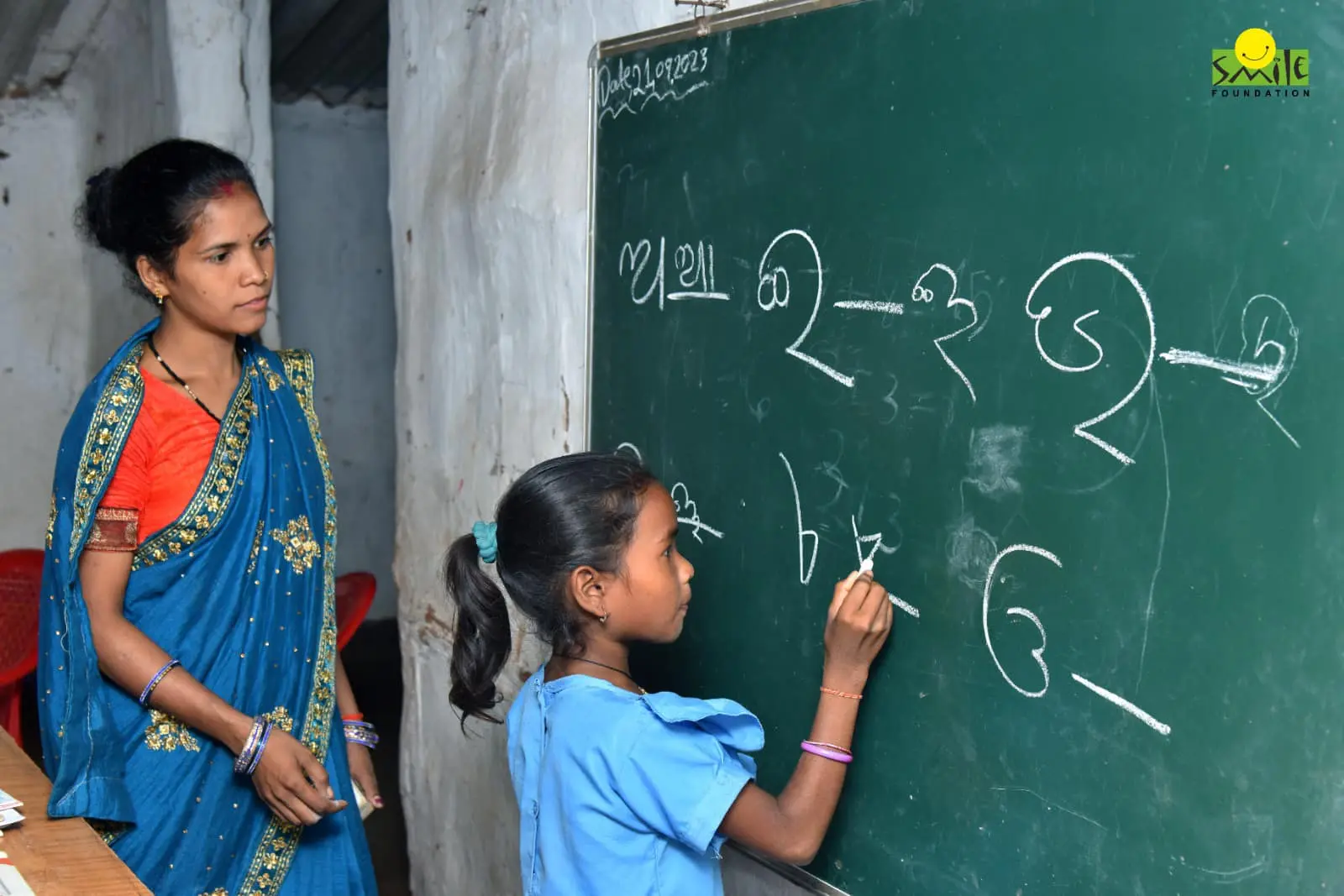The intricate relationship between education and health is well-documented worldwide. In India, where gender disparities in education persist, this connection highlights stark inequalities, especially affecting women.
Education provides individuals with the knowledge to make informed decisions about health, nutrition, and family planning. Unfortunately, many Indian women, deprived of adequate educational opportunities, face severe health challenges. Let’s understand better how low education levels among Indian women impact their health and what potential interventions are needed to address these issues.
The Landscape of Education and Its Direct Impact on Health
Education is a crucial pathway to better health outcomes. For Indian women, the journey through education is often interrupted by socioeconomic constraints and cultural norms that favour male education over female. These disparities limit the access of women to health information and services and restrict their ability to make autonomous decisions in various life aspects, including health.
Health Literacy and Awareness
Educated women are better equipped to understand health-related information, significantly improving their health outcomes and those of their families. They possess a better understanding of nutritional needs, hygiene importance, and sexual and reproductive health, enabling them to make informed decisions. Conversely, women with lower educational levels often lack basic health literacy, a vital component in managing personal and child health, understanding medication instructions and navigating health systems.
Delayed Marriages and Reduced Fertility
Education also influences social and reproductive behaviours. Educated women are more likely to marry later and have fewer children, directly benefiting their health. Early marriages, often linked to lower education levels, result in early pregnancies, increasing the risk of maternal and infant mortality.
Health Challenges Faced by Less Educated Women
Women with lower education levels in India face numerous health issues:
1. Reproductive Health: Limited knowledge of reproductive health leads to higher incidences of teenage pregnancies, higher fertility rates and complications during childbirth. These women are less likely to receive prenatal and postnatal care, increasing health risks for both mother and child.
2. Nutritional Deficiency: Many women without proper educational backgrounds are unaware of their nutritional needs. This ignorance can lead to malnutrition, particularly harmful during pregnancy and breastfeeding, affecting both maternal health and children’s developmental health.
3. Chronic Diseases: Chronic conditions like diabetes, hypertension and cardiovascular diseases are often poorly managed by less educated women due to a lack of health literacy. This results in higher morbidity and mortality rates within this demographic.
The Economic Implications: Labour Force Participation
Women’s participation in the labour force is closely linked to their education levels. Educated women are more likely to join the workforce and secure employment that offers health benefits and economic stability. In contrast, women with lower education levels are often limited to unskilled labour, which is precarious and provides little in terms of health insurance or job security.
Policy and Practical Solutions
Addressing the health disparities caused by low educational attainment requires a multifaceted approach:
1. Enhancing Educational Access: Ensuring that girls have access to quality education is fundamental to improving health outcomes. This involves enroling more girls in schools and ensuring they complete their education up to at least the secondary level.
2. Integrating Health into Education: Health education should be a core part of the school curriculum from an early age. Topics should include nutrition, personal hygiene, sexual and reproductive health and basic information about common diseases.
3. Empowering Women Economically: Vocational training and skill development programs can empower women, enhance their job prospects, and provide them with better economic and health outcomes.
4. Strengthening Health Services: Governments and NGOs should collaborate to improve the availability, accessibility and affordability of healthcare services, particularly in rural and underserved areas. This includes investing in healthcare infrastructure, training healthcare providers and implementing outreach programmes focused on women’s health.
The health of Indian women is intricately linked to their educational attainment. By bridging the educational gap, enhancing health literacy and supporting women’s economic empowerment, significant improvements in health outcomes can be achieved. A concerted effort from the government, civil society and local communities is essential to ensure that the benefits of education and health are accessible to all women across India, paving the way for a healthier and more equitable society.
In conclusion, tackling the issue of low education among Indian women is paramount for their health and well-being. Through comprehensive strategies that address educational access, health literacy, economic empowerment and strengthened healthcare services, we can create a future where every woman has the opportunity to thrive and contribute to the prosperity of her community and nation.
Invest in Girl Child Education: A Healthier Future for Indian Women
Low education levels significantly impact the health and well-being of Indian women. Educated girls grow into empowered women who make informed decisions about their health, nutrition and family planning, leading to healthier communities. By investing in girl child education, you contribute to breaking the cycle of poor health, creating a generation of strong, healthy girls and women.
Make a Difference Today
Support girl child education here and help build a healthier, brighter future for Indian women. Your donation can change lives and uplift entire communities. You can catalyse real positive change.



